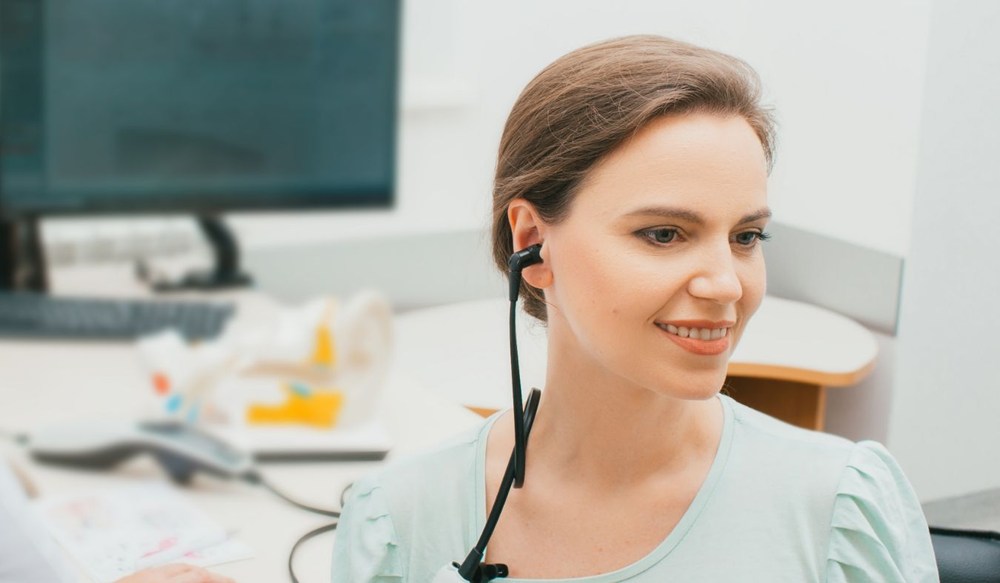At-Home Hearing Test Kits: Are They Reliable?
When you find yourself asking people to repeat themselves more frequently


When you find yourself asking people to repeat themselves more frequently

Your ears do more than help you hear – they’re also key to helping

Searching for the right hearing clinic can feel like walking through a